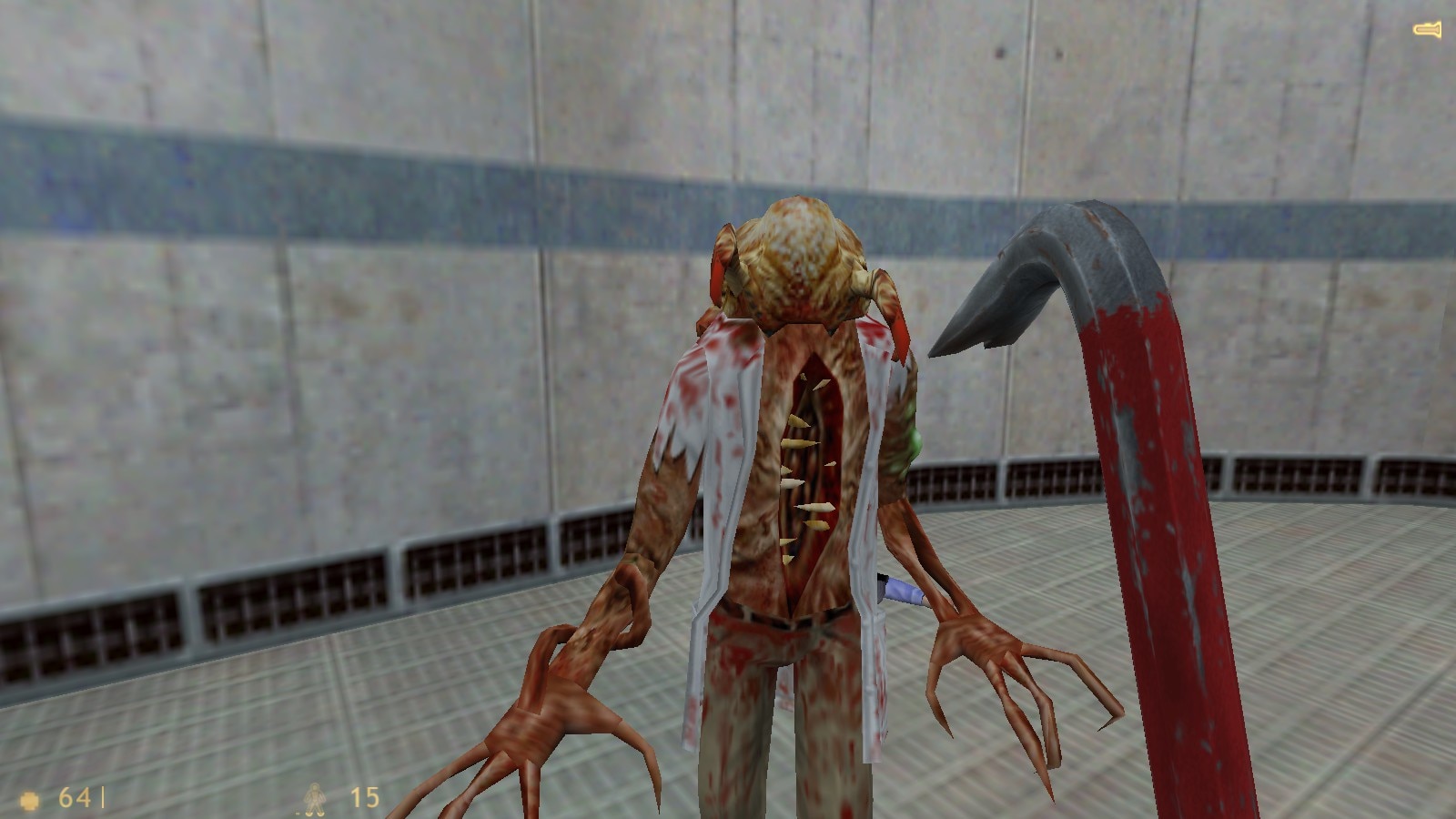Valve's seminal first-person shooter is now available for free on Steam until November 20 as part of its 25th birthday.
Half-Life, initially released in 1998, set a new standard for narrative integration in first-person shooters. Unlike many games of its time that focused predominantly on action, Half-Life told a compelling and continuous narrative, weaving it directly into the gameplay. This approach was what allowed the story of the scientist, Gordon Freeman, and the Black Mesa Research Facility, to unfold organically around the player, providing an immersive experience without reliance on traditional cutscenes. The game's method of storytelling, through environmental cues and overheard conversations, set a new bar for environmental storytelling and world-building in video games.
Beyond its narrative prowess, Half-Life was groundbreaking in its artificial intelligence design. Enemies and allies in the game displayed a level of intelligence that was unprecedented at the time. This intelligence transformed combat into a more dynamic and challenging experience, significantly influencing AI design in future games. Additionally, Half-Life is the game that popularized the use of scripted sequences, where carefully choreographed events played out in real-time, keeping players immersed and in control.

